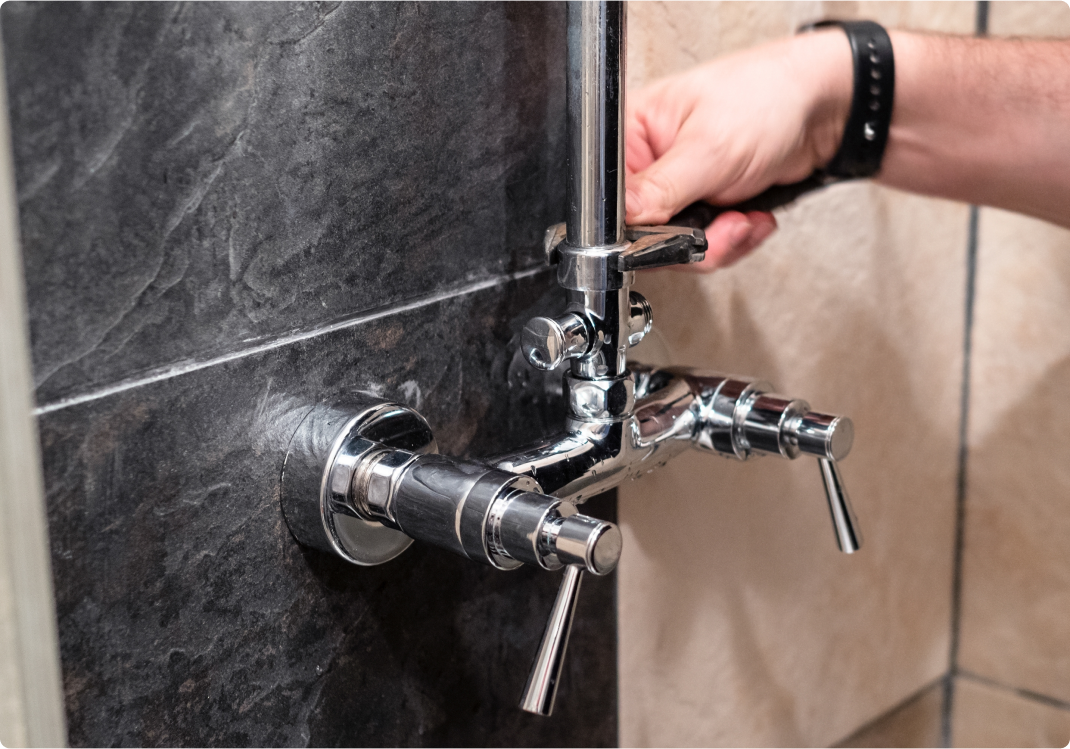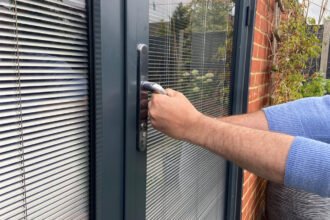How to Free a Stuck Diverter Valve in Your Boiler
A stuck diverter valve is a common fault in combi boilers and a real headache for homeowners. It’s one of the most reported causes of lost hot water or heating, often misdiagnosed as a more serious boiler fault. Whether you’re a Gas Safe engineer or a DIY-savvy homeowner, understanding how diverter valves work and what to do when they go wrong can save time, money, and a lot of cold showers.
This guide from National Boiler Spares (NBS) explains what a diverter valve does, how to spot the signs of failure, and what your repair options are — including when to clean, when to replace, and what to watch out for when dealing with warranties and repair costs.
What a Diverter Valve Does – and Why It Matters
The diverter valve is a key part of any combi boiler. It decides where hot water from the heat exchanger goes, to your taps or radiators. Think of it like a railway switch that directs water flow depending on whether you’ve turned on the heating or run a hot tap.
Here’s how it works:
- Turn on a hot tap: the diverter valve moves to send water to the tap
- Turn off the tap: the valve returns to send water to the central heating
When working correctly, the valve shifts position smoothly and without you noticing. But if it gets stuck, the boiler can’t switch modes correctly, leading to hot water running lukewarm, radiators staying cold, or both.
It’s essential because:
- Combi boilers don’t use hot water cylinders, so the diverter does all the switching
- A stuck valve means energy waste and poor heating performance
- Repeated valve faults may point to sludge or limescale issues elsewhere in the system
Signs Your Diverter Valve Might Be Faulty
Here are the most common symptoms engineers and users report:
- Lukewarm Water at the Taps
This is usually the first sign. If you only get warm water, not hot water, the valve could be stuck halfway or not open fully.
- Radiators Stay Cold
If hot water works but the radiators remain cold, your diverter valve might be jammed in domestic hot water mode.
- Hot Water Only Works When Heating Is On
This classic symptom indicates that the valve only moves when the heating is active, suggesting a mechanical or actuator fault.
- Noisy Boiler Operation
Clicking, banging, or whirring noises can come from a valve struggling to shift. It might be motorised or partially obstructed.
- Heating and Hot Water Run Together
Unusual behaviour where both the heating and hot water run simultaneously could also point to a valve stuck between settings.
Expert Insight: What Engineers Look For
“Diverter valve issues account for a good share of service calls on combi boilers. Before replacing, we always check for debris, actuator faults, or water quality problems that could be causing the valve to stick.” — Paul, Senior Engineer at NBS
Engineers typically diagnose valve issues by:
- Listening for mechanical resistance
- Testing hot water and heating modes independently
- Checking actuator response
- Inspecting valve internals for dirt or limescale
Simple blockages can often be cleared. But repeated sticking usually means it’s time for a replacement.
Repair or Replace? Your Options
| Issue | Recommended Action |
| Light debris/sediment | Clean the valve |
| Frequent sticking / old part | Replace the valve |
| Valve actuator not responding. | Check/replace actuator. |
| Water quality issues | Powerflush system |
Cleaning the valve can be a short-term fix, especially if the fault is due to sludge or limescale. Engineers may remove the valve, clean internal components, and reseat it.
Replacement is usually the best option when:
- The valve body is cracked or corroded
- The actuator fails or has burnt-out wiring
- Cleaning has been tried before with no success
At NBS, we stock OEM and remanufactured diverter valves from top brands. All are tested to BSI standards and backed by a 12-month warranty.
Warranty and Cost Considerations
Before spending money on a replacement, check your boiler’s warranty. Many manufacturers cover parts like diverter valves, provided the fault wasn’t caused by poor water quality or lack of servicing.
Steps to check:
- Review your boiler manual or warranty documents
- Contact the manufacturer or installer
- Ensure the boiler was serviced annually (usually a condition of warranty)
Typical repair costs:
- Cleaning and servicing: £40–£130
- Replacement diverter valve: £80–£200 (part only)
- Full repair (inc. labour): £200–£300
Tip: Remanufactured parts from NBS can lower repair costs significantly while keeping your warranty intact.
FAQs
What does a diverter valve do in a boiler?
It switches hot water flow between the radiators (heating) and the taps (domestic hot water) in a combi boiler.
Can I fix a stuck diverter valve myself?
Boiler repairs should only be done by Gas Safe registered engineers. DIY work on gas appliances is unsafe and can void warranties.
Why is my water only warm, not hot?
This could indicate a diverter valve not opening fully, often due to sludge, scale, or wear.
How long should a diverter valve last?
It typically takes 5–10 years, but this varies based on usage, system condition, and water quality.
Is it cheaper to replace the valve or the boiler?
If your boiler is otherwise in good condition, replacing the valve is more cost-effective.

















